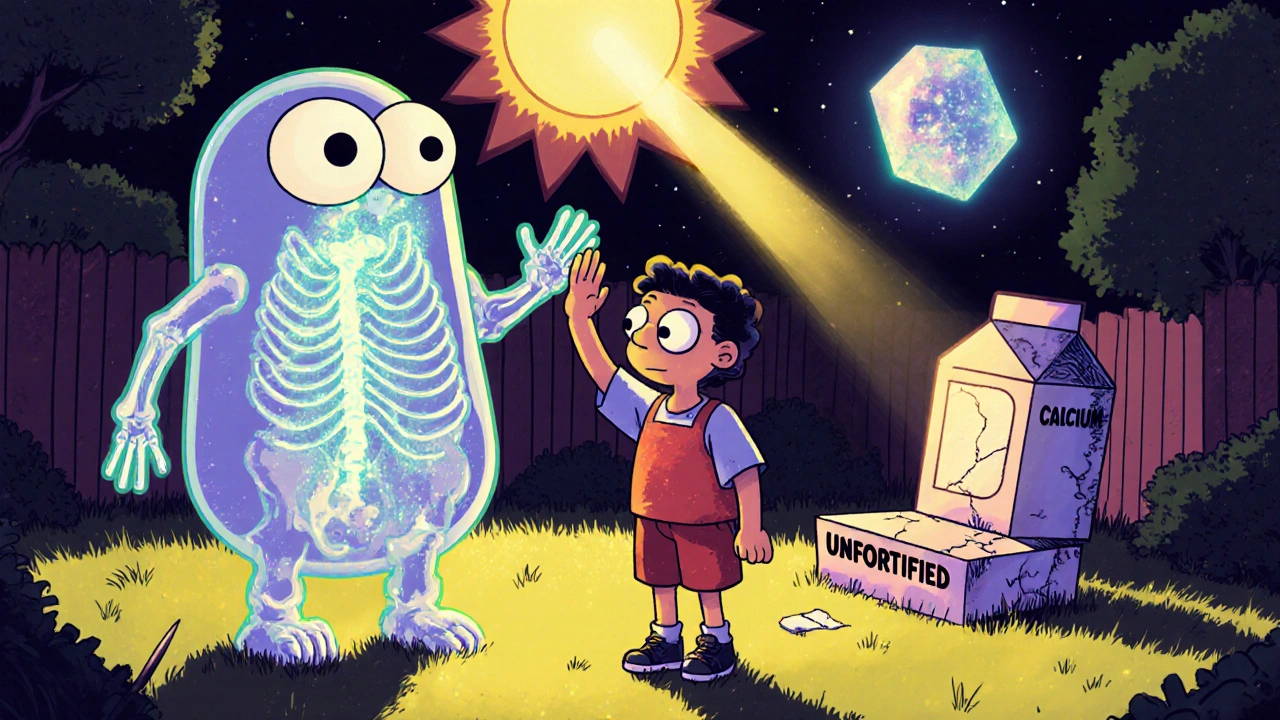Phosphorus: What It Does, Where You Find It, and Why It Matters for Your Health
When you think about what keeps your body running, you probably think of calcium for bones or sodium for hydration. But phosphorus, a vital mineral that works alongside calcium to build bones and help cells produce energy. Also known as phosphate, it’s in nearly every cell in your body and plays a role in how your kidneys filter waste, how your muscles contract, and how your nerves send signals. Without enough phosphorus, your bones weaken, your energy drops, and your body struggles to repair itself. Too much? That can mess with your heart and kidneys, especially if you already have kidney disease.
Phosphorus doesn’t work alone. It’s locked in a tight partnership with calcium, the mineral that gives bones their structure. Your body keeps these two in balance—if calcium goes up, phosphorus usually goes down, and vice versa. That’s why people on dialysis or with chronic kidney disease have to watch both. You’ll also find phosphorus tied to vitamin D, which helps your gut absorb phosphorus from food. If you’re low on vitamin D, you’re likely low on phosphorus too, even if you eat plenty of it.
Where does phosphorus come from? Mostly from food. Dairy, meat, fish, eggs, nuts, and whole grains are packed with it. But here’s the catch: processed foods, sodas, and fast food often have added phosphorus—phosphate additives—that your body absorbs way more easily than natural sources. That’s why people with kidney problems are told to avoid these. Even if you eat clean, you might still be getting too much if you drink colas or eat packaged snacks. On the flip side, vegetarians or people with poor diets can end up deficient, which leads to fatigue, weak bones, and even breathing problems.
Most healthy people don’t need supplements. Your kidneys handle phosphorus just fine if you eat a normal diet. But if you’re on certain medications—like some antacids or diuretics—or have digestive issues, your levels might be off. That’s why blood tests for phosphorus are often part of routine checkups, especially for older adults or those with chronic conditions.
What you’ll find in the posts below isn’t just a list of articles. It’s a real-world look at how phosphorus connects to things you care about: bone health as you age, how kidney disease changes what you eat, why some meds mess with your mineral balance, and how your daily choices add up. You’ll see how phosphorus shows up in drug interactions, in nutrition advice, and even in how your body responds to stress or illness. This isn’t textbook stuff—it’s what actually matters when you’re trying to stay healthy, manage a condition, or just understand what’s in your food.
How Calcium and Phosphorus Prevent Rickets in Children
Calcium and phosphorus, with vitamin D, are essential for preventing rickets in children. Learn how these minerals work together, which foods provide them, and simple steps to protect your child's bone health.
